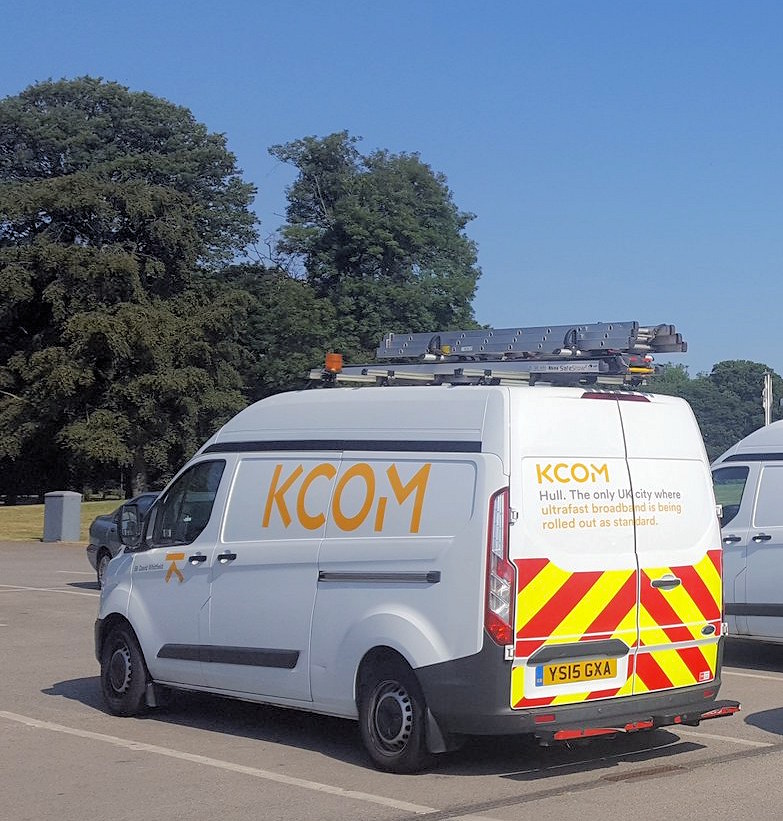The UK’s initiative to implement a comprehensive digital map of underground pipes and cables, known as the National Underground Asset Register (NUAR), has been met with cautious optimism and notable concerns from industry stakeholders. Developed in collaboration with Ordnance Survey and Atkins, this project aims to minimize accidental damages during construction and excavation works by providing detailed underground asset information.
However, the transition of NUAR into a statutory requirement following the passing of the Data Use and Access Act 2025 has raised several issues. Most notably, the concerns revolve around data access and security, with 87% of those surveyed advocating for universal access to the system, including all parties involved in digging projects. This widespread support for open access contrasts with security fears about potential vulnerabilities that such openness might introduce.
The survey identified the top concerns as uncertainty over who can access NUAR, the potential increased risk to assets and workers, and the possible rise in costs associated with implementation. Despite these issues, a significant 74% believe that NUAR should work in conjunction with existing safe digging services, enhancing safety protocols rather than replacing current solutions.
Furthermore, 92% of industry professionals call for comprehensive consultation before the full rollout, emphasizing the need to understand the financial and operational impacts of the new system. Richard Broome, MD of LSBUD, stressed that while progress has been made, many fundamental concerns remain. He highlighted the importance of engaging with the community during National Safe Digging Week to address these issues and ensure the long-term success of NUAR.
While the initiative is promising, details regarding the methodology or sample size of the survey remain undisclosed, leaving some questions about the representativeness of the findings. The industry continues to navigate the complexities of implementing this vital infrastructure effectively and securely.

![[AS262448] DIALHOST INTERNET EIRELI](https://r2.isp.tools/asn/262448/logo/image_100px.png)






![[AS263486] CONECTA SERVICOS E INTERNET LTDA](https://r2.isp.tools/asn/263486/logo/image_50px.png)
![[AS61752] BATISTA PEREIRA INFORMATICA LTDA.](https://r2.isp.tools/asn/61752/logo/image_50px.png)
![[AS53139] RDF Informatica Ltda](https://r2.isp.tools/asn/53139/logo/image_50px.png)
![[AS263151] CONECT TELECOM](https://r2.isp.tools/asn/263151/logo/image_50px.png)
![[AS52630] MOTTANET TI - SERVICOS DE TECNOLOGIA DA INFO](https://r2.isp.tools/asn/52630/logo/image_50px.png)
![[AS53061] G2NET SUL PROVEDOR LTDA](https://r2.isp.tools/asn/53061/logo/image_50px.png)
![[AS28154] AR TELECOM PROVEDOR DE INTERNET LTDA](https://r2.isp.tools/asn/28154/logo/image_50px.png)
![[AS265234] N-MULTIMIDIA TELECOMUNICACOES LTDA - ME](https://r2.isp.tools/asn/265234/logo/image_50px.png)
![[AS266413] Viva Tecnologia Telecom](https://r2.isp.tools/asn/266413/logo/image_50px.png)
![[AS262769] AVANZA TELECOM LTDA](https://r2.isp.tools/asn/262769/logo/image_50px.png)
![[AS7195] EdgeUno (6 probes)](https://r2.isp.tools/asn/7195/logo/image_50px.png)
![[AS262448] DIALHOST INTERNET EIRELI](https://r2.isp.tools/asn/262448/logo/image_50px.png)